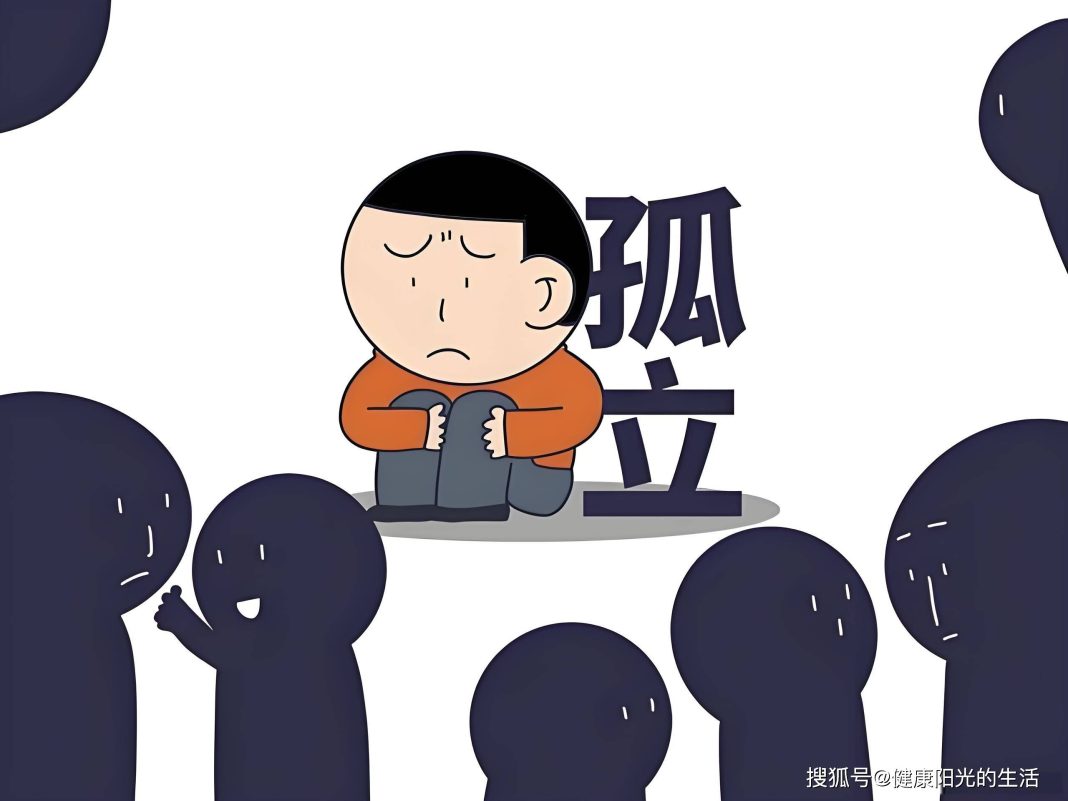In today’s society, self-isolation is an increasingly common phenomenon. Whether due to a hectic pace of life, complex interpersonal relationships, or personal psychological factors, many people find themselves trapped in a state of isolation. This isolation is not just physical loneliness; it is also an emotional detachment. This article will explore the causes, impacts, and coping strategies related to self-isolation, helping those who feel lonely find a way out of their predicament.
I. Causes of Self-Isolation
The reasons for self-isolation are multifaceted; they involve not only an individual’s psychological state but can also be influenced by external environments. Here are some common causes of self-isolation:
Faster pace of life: The rapid pace of modern society and high work pressure make it easy for individuals to neglect the maintenance of interpersonal relationships in their busy lives. This busyness often makes us feel disconnected from the outside world, leading us to selectively reduce social activities and fall into a state of isolation.
Psychological factors: Self-isolation sometimes derives from personal psychological issues, such as anxiety, depression, or low self-esteem. Those who have experienced trauma or negative experiences may choose to keep their distance from others for fear of being hurt.
Lack of social skills: Some individuals, due to being introverted or lacking social experience, do not know how to effectively communicate and build relationships with others. As a result, they may feel unable to integrate into groups and choose to isolate themselves.
Breakdown of interpersonal relationships: After experiencing the breakdown of important relationships, people often feel lost and lonely. Whether it’s the end of an intimate relationship or the distancing of friends, these changes can lead individuals to choose self-isolation.
II. Impacts of Self-Isolation
Self-isolation has profound effects on individuals, impacting not only mental health but also various aspects of life negatively:
Deterioration of mental health: Long-term self-isolation often leads to feelings of sadness, anxiety, and even depression. Isolated individuals frequently feel lonely and helpless, unable to release their emotions, which may aggravate psychological issues.
Decline in social functioning: Self-isolation can weaken one’s social function, making it difficult for them to effectively participate in social activities or maintain a good social network. This situation may affect career development and personal growth.
Lower quality of life: A lack of social support and interpersonal interaction may lead to a decline in quality of life. Isolated individuals may feel their lives lack meaning and have little hope for the future.
III. Strategies for Coping with Self-Isolation
Reassessing interpersonal relationships: Try to reevaluate and adjust your interpersonal relationships. Look for trusted friends or family members, proactively reach out to them, and rebuild connections. Even small social interactions can bring about positive changes.
Cultivating hobbies: Engaging in hobbies not only enriches life but also provides opportunities for interaction with others. Whether participating in sports, learning new skills, or joining social activities, these pursuits can help you emerge from isolation.
Seeking professional help: If self-isolation has begun to affect your daily life and mental health, seeking help from a psychological counselor may be an effective solution. A counselor can help you explore the roots of your isolation and provide coping strategies.
Setting small goals: Set some achievable small goals, such as communicating with a friend each day, gradually increasing the frequency of social activities. These small goals can help you step out of isolation and boost your self-confidence.
Practicing self-care: Self-care is an important step in overcoming isolation. Learn to love yourself, recognize your worth, and give yourself some positive encouragement. Use meditation, mindfulness, or other relaxation techniques to reduce psychological stress.
IV. Real Case: From Isolation to Rebuilding
Let’s look at a real story: Li Ming (a pseudonym) once fell into self-isolation due to work stress and personal emotional issues. His friends gradually distanced themselves, and he was unwilling to proactively contact others. After a few months of loneliness, his mental health began to deteriorate, leading to low spirits and a lack of vitality in life.
Li Ming decided to seek help; he contacted a psychological counselor and began attending social activities and interest classes. Through professional therapy and his own efforts, he gradually regained his confidence and reestablished connections with friends. He realized that despite the painful times of isolation, through positive actions, he could rediscover the meaning and motivation in his life.
Self-isolation is a common issue in modern society that affects not only individual mental health but also various aspects of life. However, by reassessing interpersonal relationships, cultivating hobbies, seeking professional help, setting small goals, and practicing self-care, we can all find a path out of isolation. If you find yourself trapped in isolation, the psychological counseling services provided by GuangZhou HuaXing Rehabilitation Hospital will be a strong support for you to overcome difficulties. The professional team will help you rebuild your confidence and step out of loneliness.


